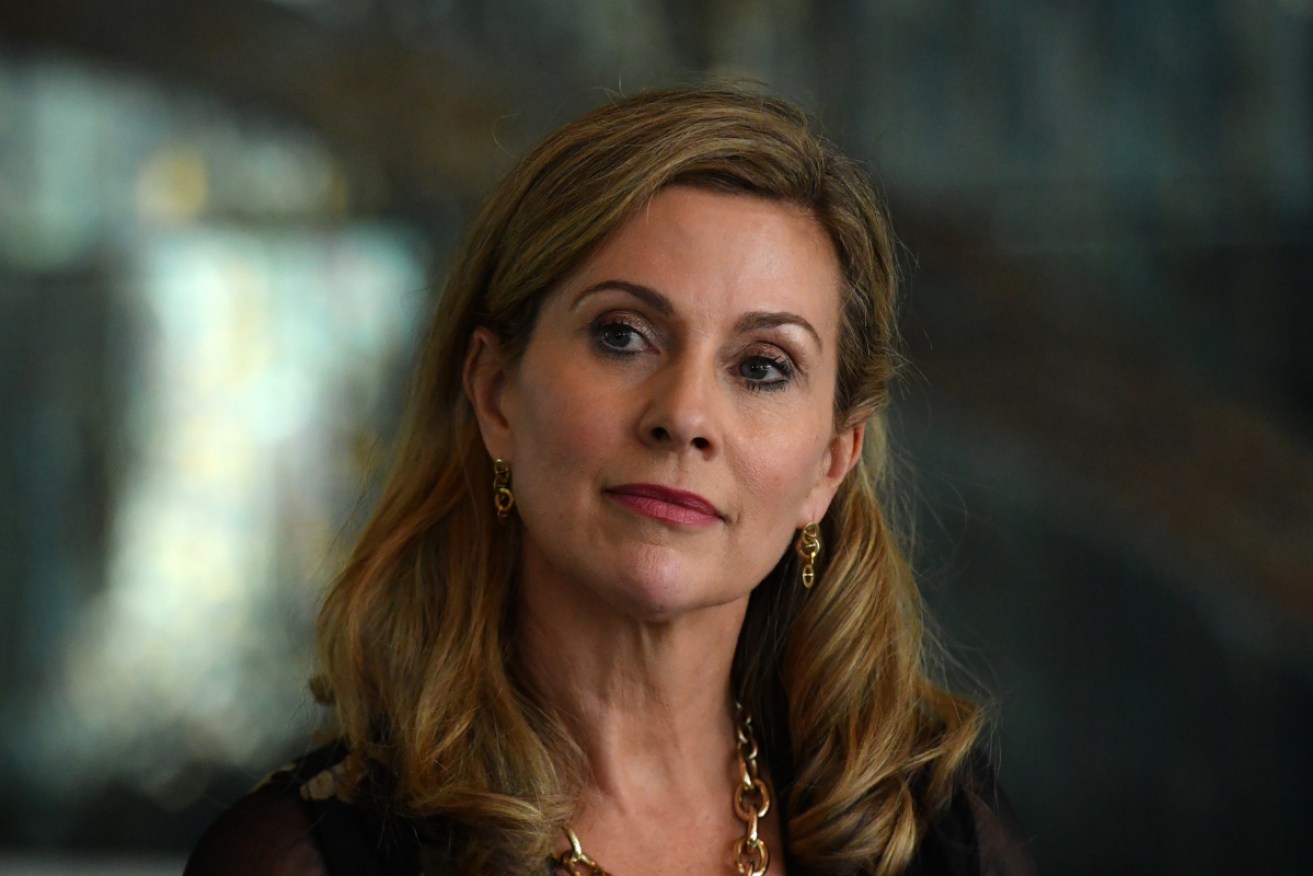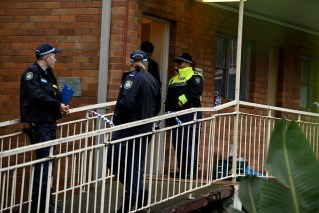A culture war is brewing over eSafety on social media platforms


eSafety Commissioner Julie Inman Grant is the newest target in the culture war. Photo: AAP
Conservative politicians and commentators are attacking Australia’s online safety watchdog, the eSafety Commissioner, after it issued takedown notices for videos of the Wakeley church stabbing.
The eSafety Commissioner issued the takedown notices to people spreading live-stream footage of the religiously motivated stabbing of a Sydney-based bishop on social media platforms.
Julie Inman Grant, eSafety Commissioner, said she will consider legal options if X and Meta, the parent company of Facebook, don’t remove the content.
“I wouldn’t say that they don’t care,” Grant said.
“Unfortunately, we have seen a ratcheting back of trust and safety operations across the platforms and across the industry.”
A chorus of criticism – from both domestic and international sources – of Grant’s decision has labelled it ‘Orwellian’ and an impingement on free speech.
Tweet from @senatorbabet
Dr Dana McKay, a senior lecturer in Interactive Technologies at RMIT University, said not all censorship is bad when it is applied to situations like graphic and illegal content.
“There is a bunch of things that we as a society agree shouldn’t be posted online,” she said.
“If Facebook allowed posting of child exploitation material, what’s colloquially known as kiddy porn, I would hope that nobody would be silly enough to publicly object.”
The eSafety Commission was launched in 2015 as the Children’s eSafety Commission.
Its powers were expanded in 2021 through the Online Safety Act, which gave the commission “the authority to compel online service providers to remove seriously harmful content within 24 hours of receiving a formal notice”.

the eSafety Commission can compel social media platforms to remove harmful content. Photo: Getty
Children exposed
McKay said Meta and X allow children to use platforms like Facebook, Instagram and X, meaning they are exposed to videos of illegal and graphic behaviour if it is not removed.
“The way you come across content on social media is by scrolling. People, including children, could come across it without expecting it,” McKay said.
“The algorithms don’t have an off switch for something like this, which is likely to be distressing to a significant proportion of Australians.”
X and Meta allow users aged 13 and 14 respectively to use the platform, although there are no checks against even younger children creating an account.
McKay said that “certain groups of people would like to protest everything that the eSafety Commissioner is doing”.
“If the vocal minority really want to share this stuff, then there are places on the internet that will let them do it without the risk of exposing unsuspecting people to this type of content,” McKay said.
“Takedown notices are a way to disrupt social media companies’ algorithms so that this content doesn’t get shared.”
Another frontline
Another takedown notice, issued to Canadian Chris Elston in March, has also sparked a legal challenge.
Elston, known online as Billboard Chris, claimed an Australian transgender man, hired by a United Nations body, had promoted bestiality and is a woman.
The eSafety Commissioner said in its takedown notice that the material “invalidated and mocked” the complainant’s gender identity and equated their transgender identity with a psychiatric condition, passing the threshold for abuse.
X initially complied with the order, but said it would fight to “protect its users’ right to free speech”.
The Freedom of Speech Union Australia is assisting Elston with his appeal.
It argued that the law had been applied incorrectly, the post wasn’t cyber abuse and was instead political commentary, and the eSafety Commissioner had “effectively engaged in unlawful viewpoint discrimination”.
An eSafety Commissioner spokesperson said the Online Safety Act 2021 defines adult cyber abuse as material targeting a particular Australian adult that is both intended to cause serious harm, and is also menacing, harassing or offensive.
“eSafety may consider context and material collectively when assessing its overall seriousness,” they said in a statement.
“Importantly, the adult cyber abuse scheme does not regulate hurt feelings, purely reputational damage, bad online reviews, strong opinions, or banter.”
They said regulatory decisions are made impartially and under the legislative criteria within the act.
“When assessing complaints, we meticulously review platform terms of service, including their hateful conduct policies,” the spokesperson said.
“In many cases eSafety will approach the platform informally as a first step, highlighting content that may breach its terms of service.”







